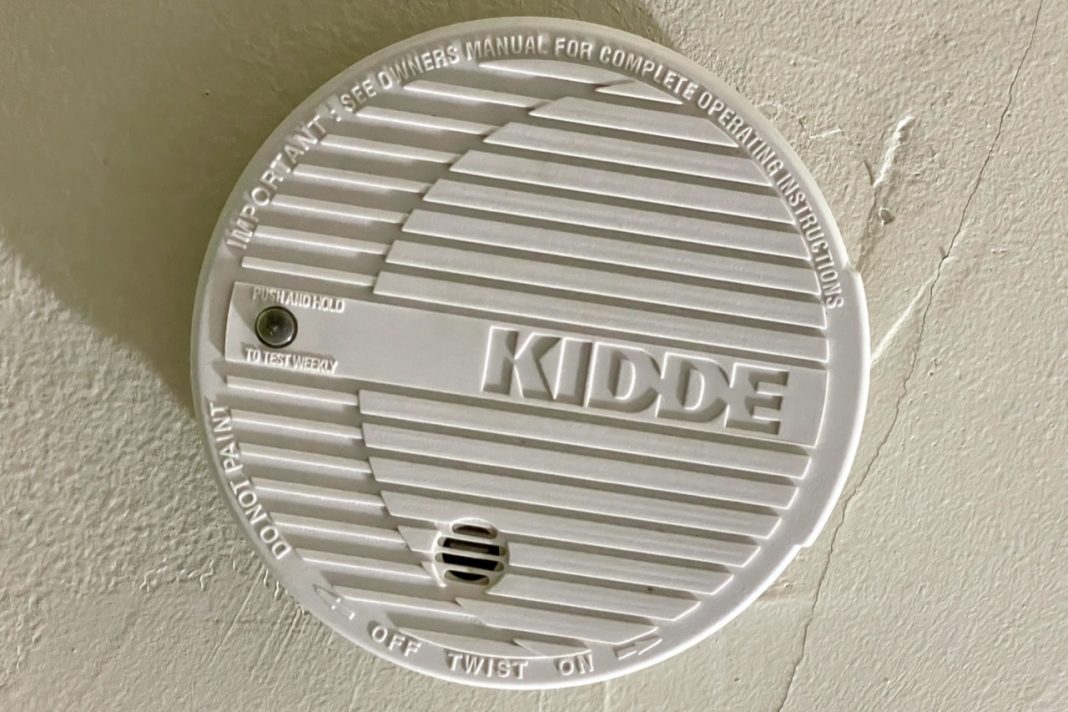Acting State Fire Commissioner Thomas Cook is reminding Pennsylvanians that the “spring forward” time change is a great opportunity to change the batteries in their smoke alarms and carbon monoxide detectors.
“The message is clear: smoke alarms save lives each and every day,” said Cook. “When your family’s safety is threatened by a fire, the early warning provided by a smoke alarm can be the difference between safely exiting your home, and not making it out. More importantly, this message needs to be heard by everyone; especially the older adults in your life that may need a little extra time to get out.”
Cook said discharged or missing batteries are the most common cause of a smoke alarm or carbon monoxide detector malfunction. When functioning, smoke alarms can decrease the risk of dying in a home fire by as much as half. From the moment an alarm sounds, occupants may have as few as two minutes to safely exit the building.
Often called “the silent killer,” carbon monoxide is an odorless, colorless, tasteless gas that can incapacitate victims before they are aware of exposure. Sources can include wood-burning fireplaces and stoves, gas fireplaces, appliances, grills, generators, and motor vehicles.
Symptoms of carbon monoxide poisoning are often mistaken for the flu and include nausea, headaches, dizziness, disorientation and fatigue.
Newer models of smoke alarms marketed as having long-lasting batteries may not need to have their batteries replaced, but thousands of homeowners still use models that use standard batteries that must be replaced regularly.
No matter what type of smoke alarms are used in a home, all units should be tested monthly – including devices that are hard-wired to a home’s electrical system.
Homeowners unsure of how to maintain or install smoke and carbon monoxide alarms can call their local fire service for advice. For more information about the fire service and fire safety tips to keep your loved ones safe, visit www.osfc.pa.gov.


